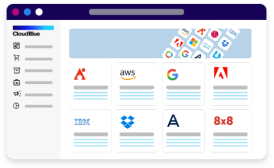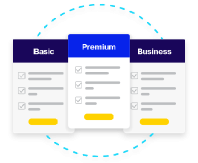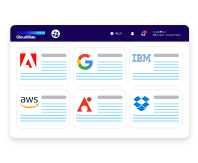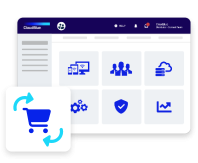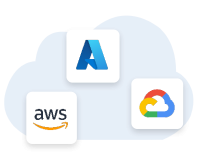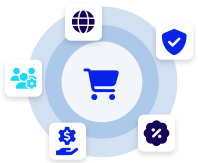Data Analytics as a Service (DAaaS) is a cloud-based service model that allows businesses to access powerful analytical tools and processes without the need to invest in extensive in-house infrastructure.
DAaaS leverages cloud platforms to deliver big data processing, analytics, and insights directly to users, making it easier for companies to make data-driven decisions. By using DAaaS, organizations gain on-demand access to data analytics capabilities, from data collection and storage to real-time analysis and reporting.
The key advantage of DAaaS is its accessibility. Companies that may not have the resources to build or maintain a large-scale data infrastructure can still access cutting-edge data analytics. This makes DAaaS a popular choice for businesses across industries looking to stay competitive by understanding trends, behaviors, and patterns through data.
Benefits of DAaaS for Big Data Insights
DAaaS offers numerous benefits, particularly when it comes to handling big data. In today’s digital landscape, businesses generate vast amounts of data from diverse sources like social media, transactions, and IoT devices.
DAaaS helps companies harness this data by using cloud-based analytical tools that can process large volumes of information quickly and efficiently. This allows businesses to generate actionable insights faster and helps avoid the high costs of building an in-house data center.
Additionally, DAaaS provides scalability and flexibility. Since it’s hosted in the cloud, businesses can scale up or down as needed without being constrained by physical hardware limitations. This makes it ideal for companies experiencing rapid growth or those with fluctuating data processing needs.
DAaaS providers often offer analytical tools that are automatically updated with the latest capabilities, helping companies stay current with the latest advancements in data analytics.
Key Features and Use Cases
DAaaS typically includes a suite of features tailored to make big data more manageable and insightful. These include data warehousing, data mining, machine learning models, and real-time analytics.
Many DAaaS platforms also offer advanced visualizations and reporting tools, enabling users to interpret data more effectively and communicate insights easily across teams.
In terms of use cases, DAaaS can be applied in various sectors. Retailers, for example, can use DAaaS to analyze customer purchasing behavior, optimize inventory, and tailor marketing campaigns.
Financial institutions can leverage DAaaS for risk management and fraud detection, while healthcare providers might use it for patient data analysis to improve healthcare outcomes. With its versatility, DAaaS empowers businesses to leverage their data for strategic decision-making, regardless of their industry or size.

